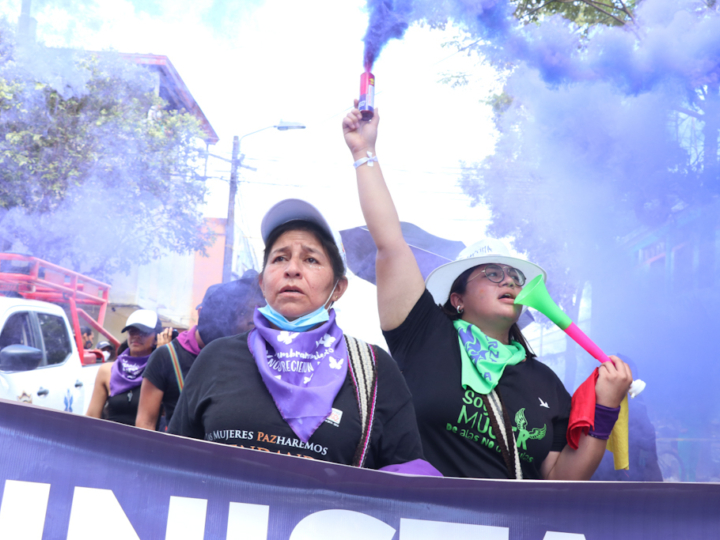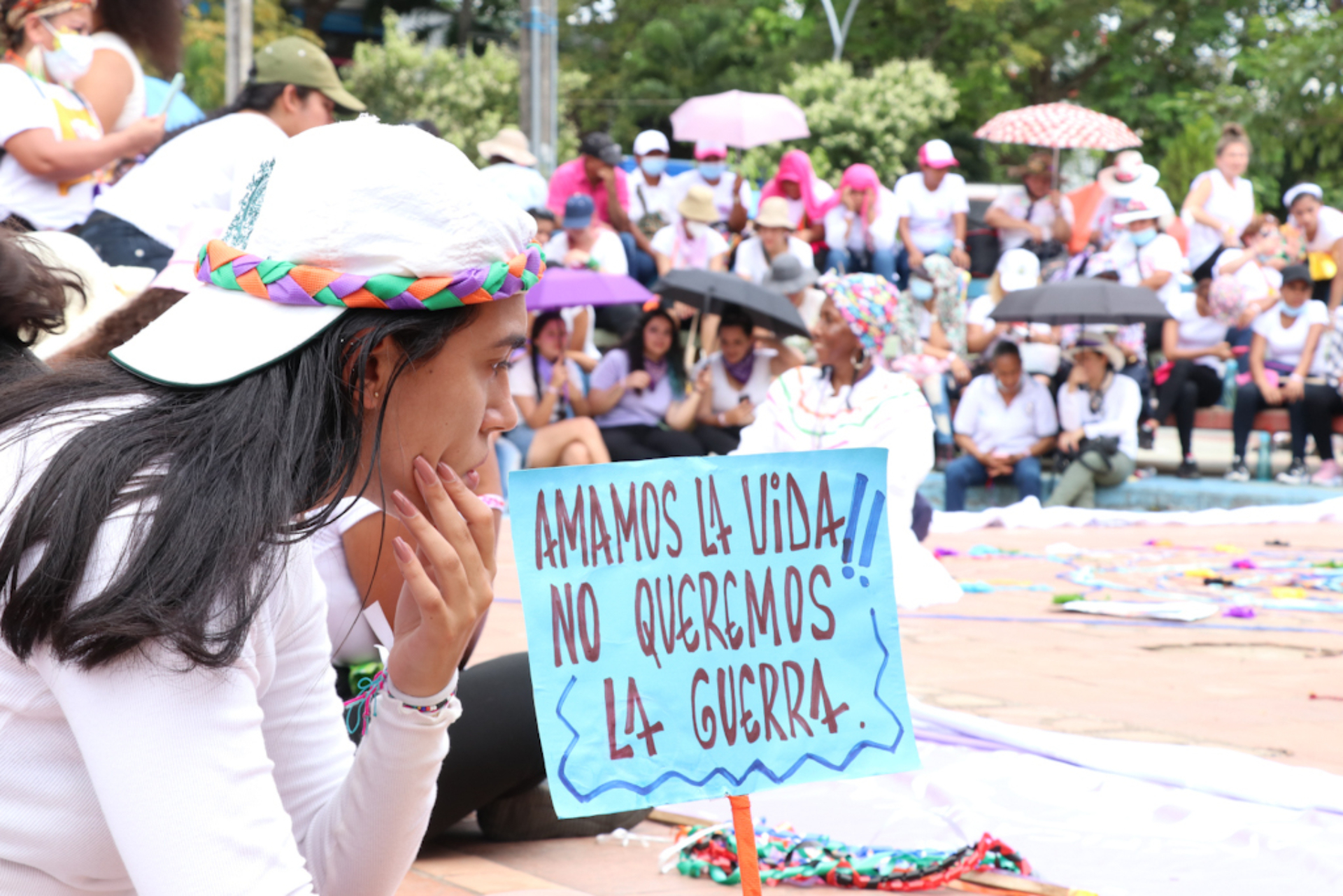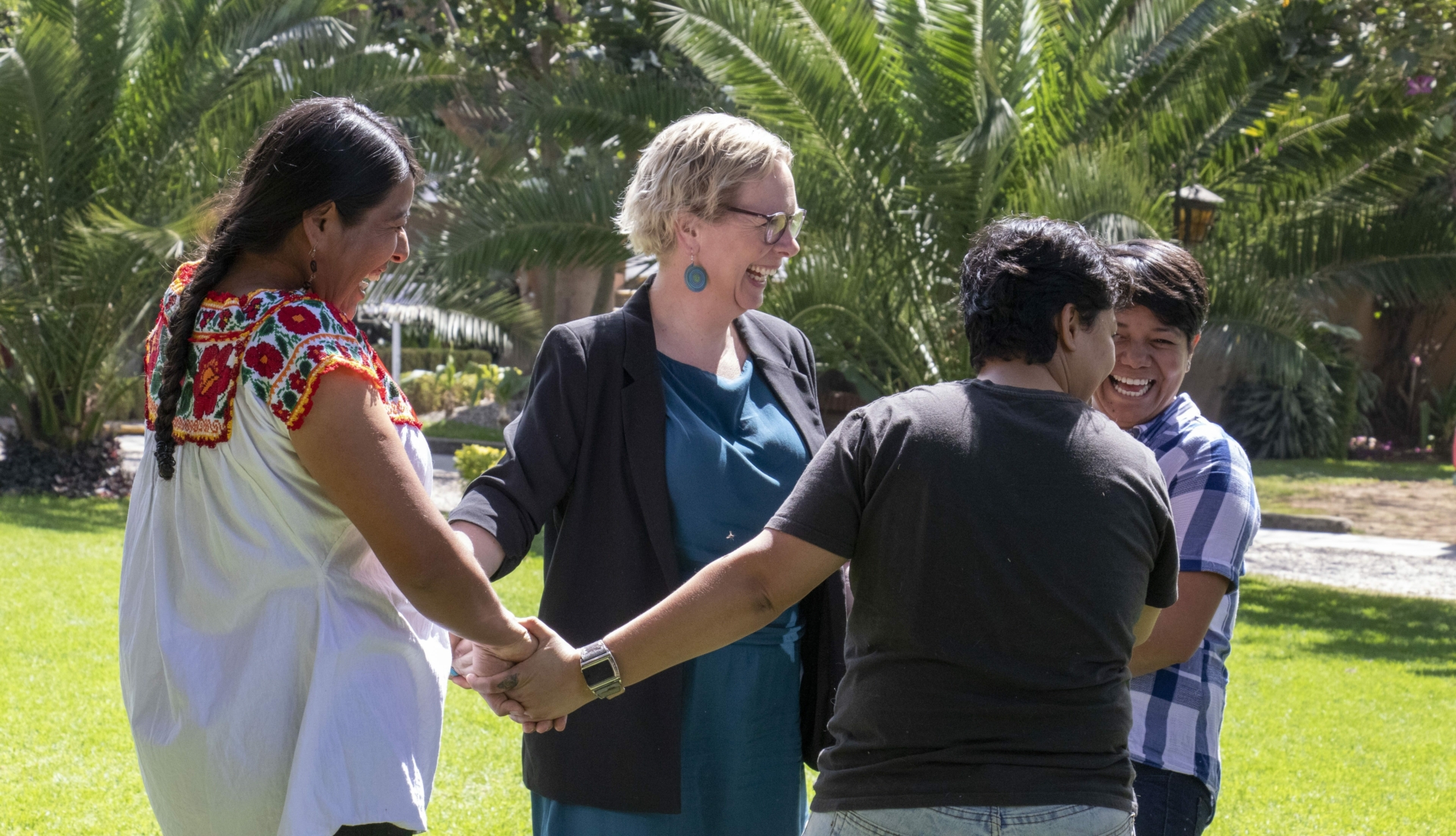From advocating for women’s rights in conflict zones, to fight gender discrimination, political opposition, and social backlash, these women are crucial to pushing the human rights agenda forward. But despite their vital contributions, WHRDs face disproportionate risks that are both gender-specific and linked to the broader political and social context of their activism.
Women's human rights advocacy work is not only dangerous but also increasingly criminalized and silenced by state and non-state actors alike. From 29 November to 10 December, we at the Norwegian Human Rights Fund (NHRF) we have launched the 'Women who inspire: Voices of resilience from the ground' campaign. During 8 days, you will watch video stories of women who demonstrate that their resilience in the face of these threats is inspiring, but it is also a stark reminder of the urgent need for stronger protection and solidarity.
The Gendered Side of Violence
One of the most unique challenges faced by WHRDs is gender-based violence. WHRDs often face harassment, sexual violence, threats against their families, and smear campaigns designed to ruin their reputations. According to Front Line Defenders, WHRDs are disproportionately affected by sexual violence and physical assaults compared to their male counterparts, a stark reminder of the intersection between gender discrimination and political opposition to human rights work.




